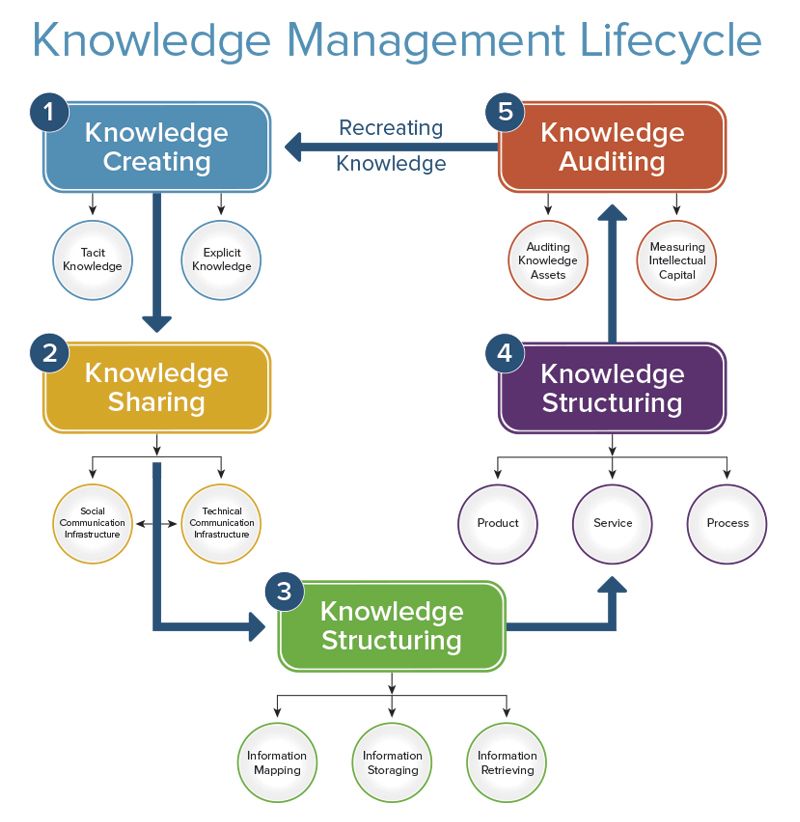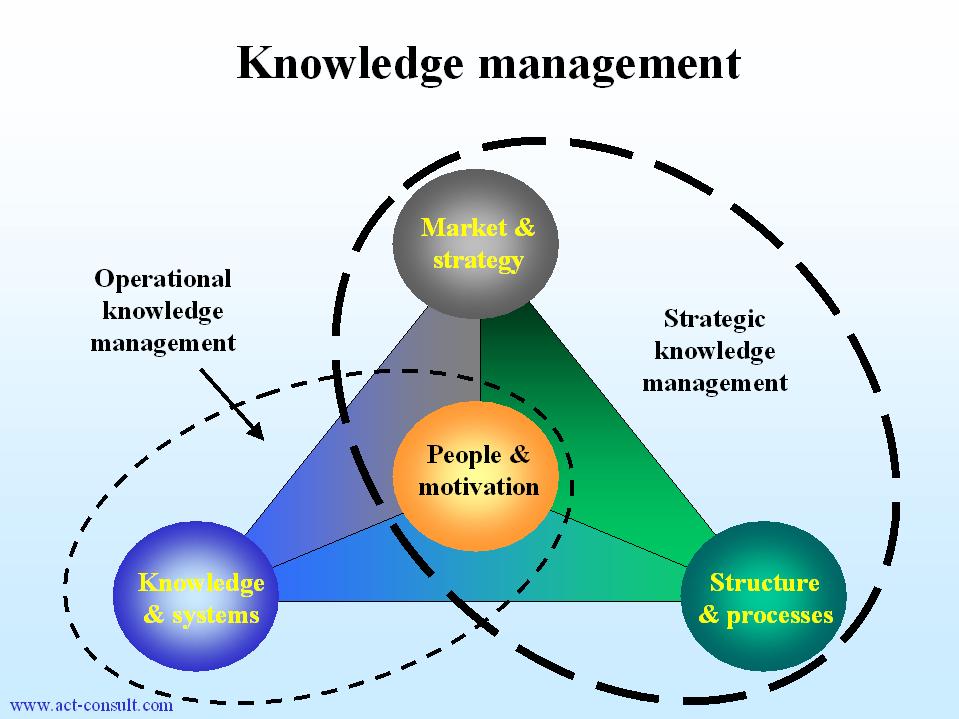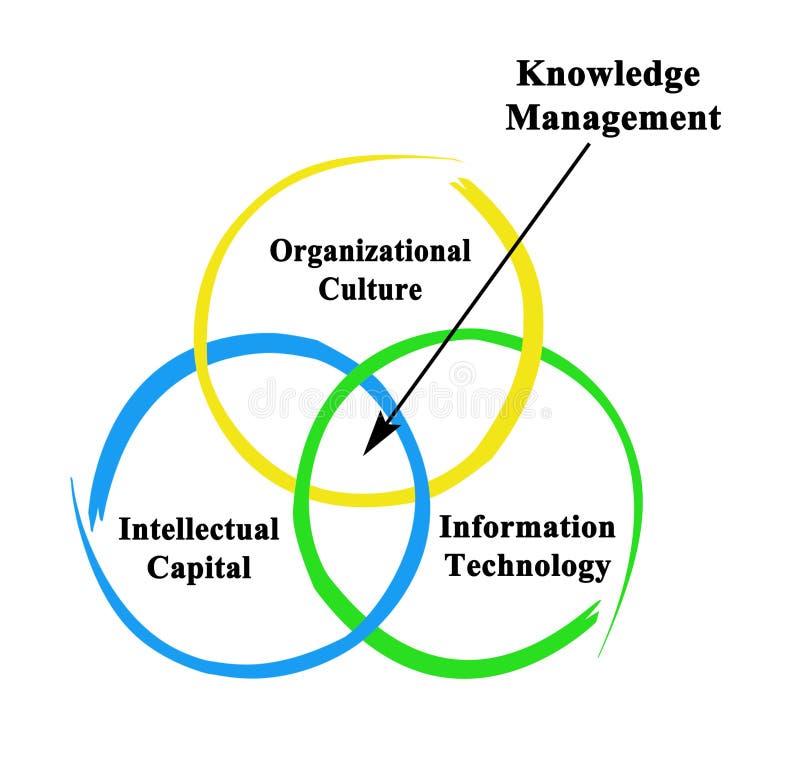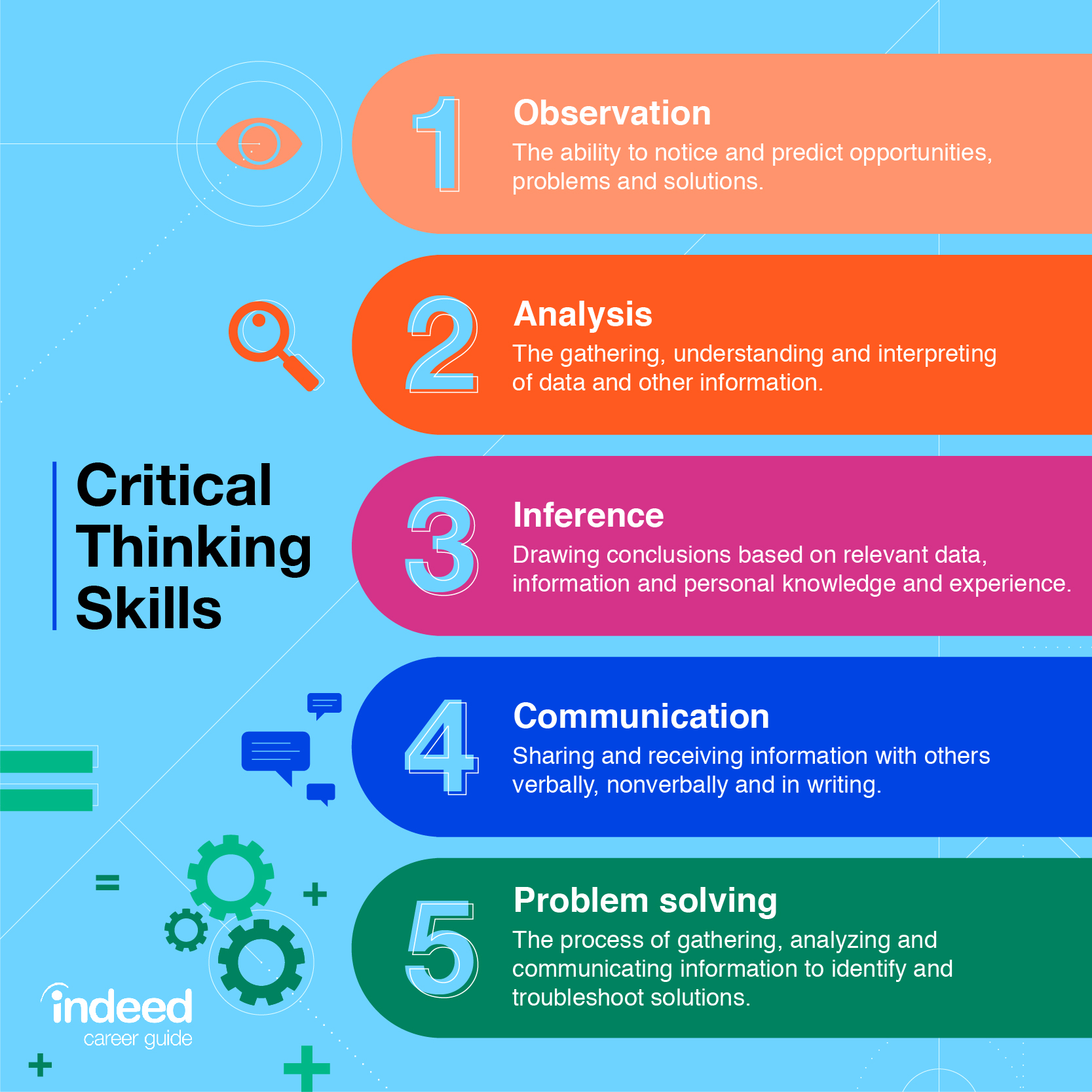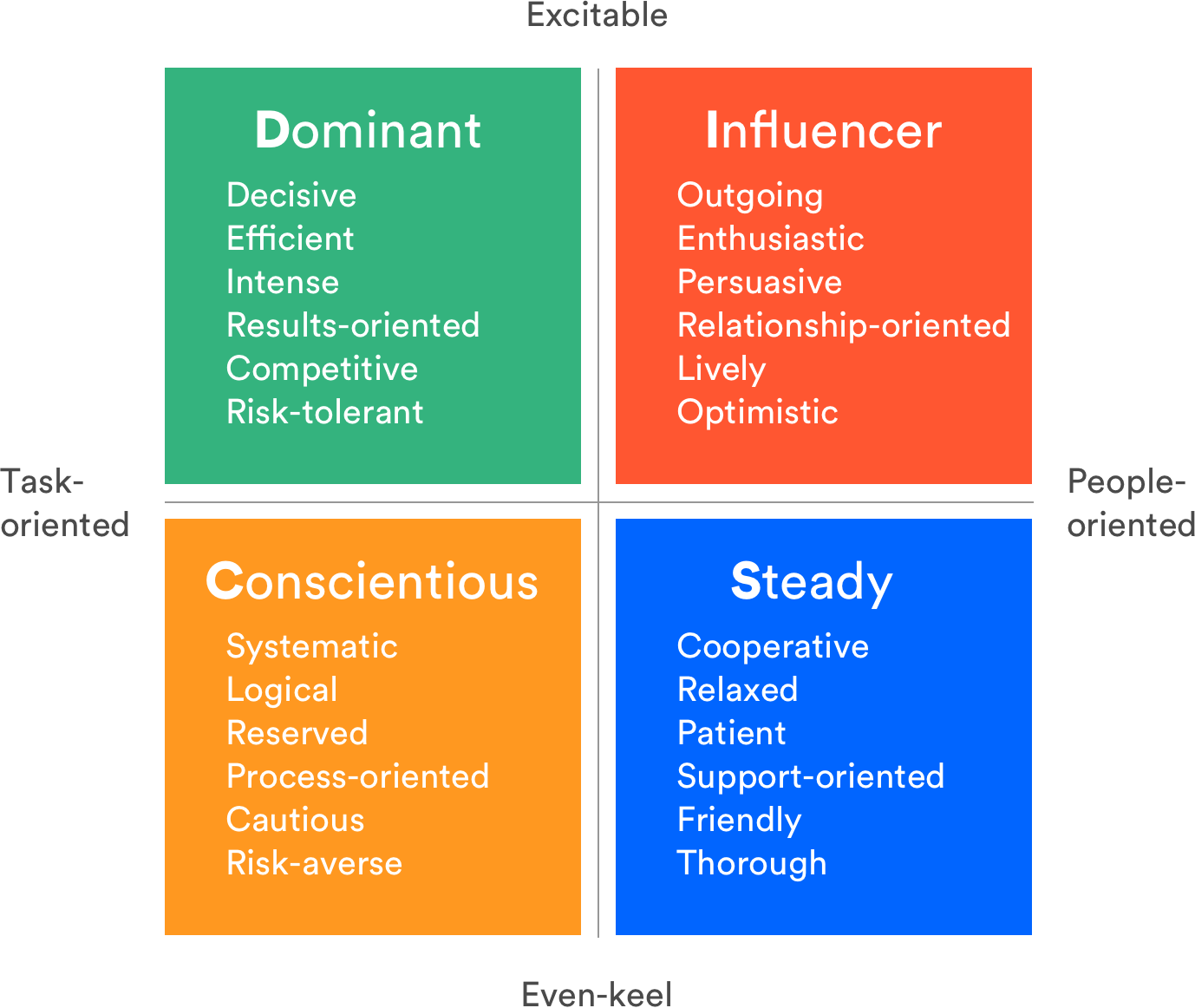Knowledge Of Management Presentation
| Introduction to Knowledge of Management | ||
|---|---|---|
| Knowledge of management refers to the understanding and application of principles, theories, and practices related to managing organizations and people. This knowledge is crucial for effective decision-making, problem-solving, and achieving organizational goals. It encompasses various areas such as leadership, strategic planning, organizational behavior, and human resource management. | ||
| 1 | ||
| Importance of Knowledge of Management | ||
|---|---|---|
| Knowledge of management helps managers make informed decisions based on data, analysis, and best practices. It enables managers to effectively plan, organize, and allocate resources to achieve organizational objectives. It helps managers understand and respond to changes in the business environment, ensuring the organization's adaptability and competitiveness. | ||
| 2 | ||
| Key Components of Knowledge of Management | ||
|---|---|---|
| Understanding organizational structures and cultures, and their impact on decision-making and communication processes. Familiarity with leadership styles and techniques to motivate and inspire employees. Knowledge of strategic planning, including setting goals, formulating strategies, and implementing action plans. | ||
| 3 | ||
| Knowledge of Management and Organizational Behavior | ||
|---|---|---|
| Understanding organizational behavior theories and concepts, such as motivation, communication, and teamwork. Applying knowledge of management to create a positive work environment that promotes employee engagement and productivity. Utilizing effective conflict resolution strategies to handle interpersonal and group conflicts within the organization. | ||
| 4 | ||
| Knowledge of Management and Human Resource Management | ||
|---|---|---|
| Familiarity with recruitment and selection processes to acquire the right talent for the organization. Understanding performance management and employee development techniques to enhance individual and team performance. Knowledge of compensation and benefits systems to ensure fair and competitive rewards for employees. | ||
| 5 | ||
| Knowledge of Management and Decision-Making | ||
|---|---|---|
| Applying analytical and critical thinking skills to evaluate alternative courses of action. Understanding decision-making models and techniques to make effective and rational decisions. Utilizing problem-solving skills to identify and address organizational challenges and opportunities. | ||
| 6 | ||
| Knowledge of Management and Communication | ||
|---|---|---|
| Understanding different communication styles and techniques to effectively convey information and ideas. Applying active listening skills to foster open and transparent communication within the organization. Utilizing effective communication channels to ensure the dissemination of information to all stakeholders. | ||
| 7 | ||
| Knowledge of Management and Ethical Considerations | ||
|---|---|---|
| Understanding ethical principles and their application in decision-making and organizational practices. Promoting ethical behavior within the organization and ensuring compliance with legal and regulatory requirements. Handling ethical dilemmas and conflicts of interest in a fair and responsible manner. | ||
| 8 | ||
| Conclusion | ||
|---|---|---|
| Knowledge of management is essential for effective organizational leadership and achieving success. Continuous learning and development in the field of management are crucial to stay updated with the latest trends and practices. By leveraging knowledge of management, organizations can enhance their performance, adapt to changes, and create a positive work environment. Note: This presentation provides a brief overview of the topic and can be expanded further for a more comprehensive understanding. |  | |
| 9 | ||
